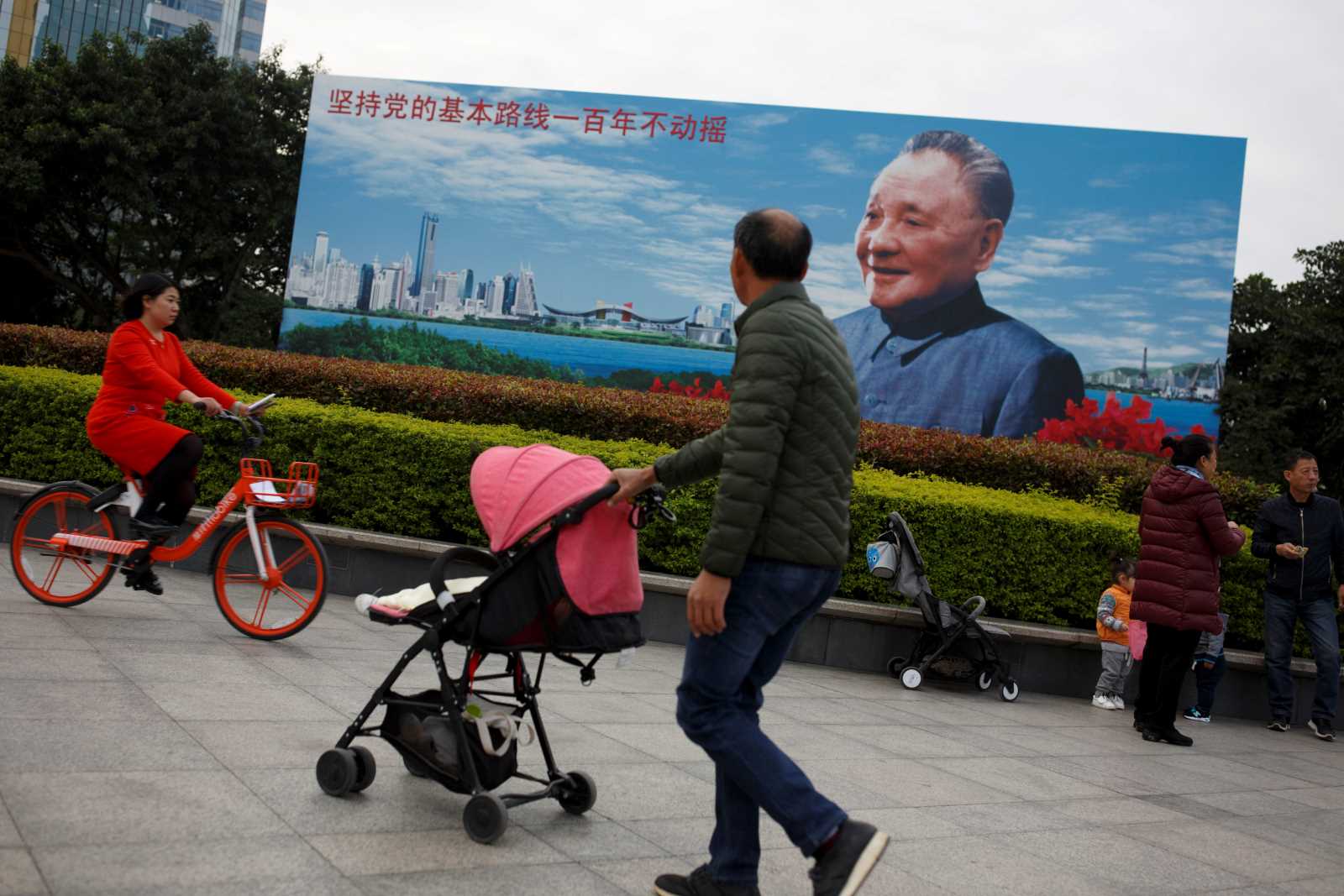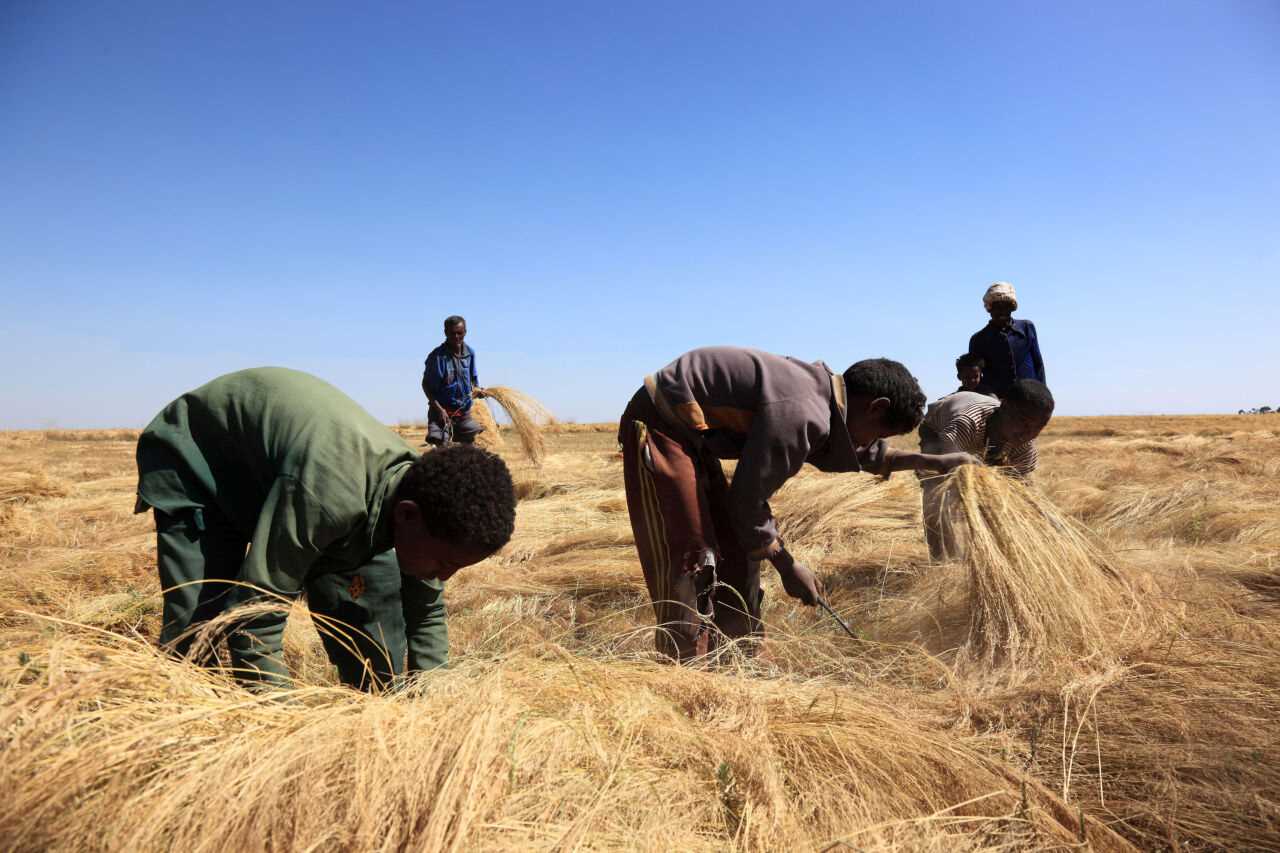Poverty alleviation
Additional jobs mean additional incomes

Why is growth essential for the development of countries with low incomes?
When a country has a monthly per-capita income of only $ 100 or so, you cannot end poverty by redistributing incomes. Even if everyone had those $ 100, they would still be poor, and unless gross domestic income (GDP) increases, that will not change. Where GDP per head is so low, moreover, it is impossible to raise taxes to fund essential government programmes. All kinds of infrastructure depend on public spending – whether its hard infrastructure like roads, an electric-power system or water pipes, or social infrastructure like education, healthcare or the rule of law. So, if poverty is to be overcome, the economies of low-income countries must grow. There actually is no example of any poor country escaping poverty without dynamic economic growth. By contrast, we have good examples of countries – especially, though not only in Asia – that made fast progress once growth started.
Governments of countries with high incomes tend to be obsessed with growth too.
Yes, but for a different reason. When the pie gets larger, it is easy to redistribute some of it because you are not taking anything away from anyone. Without growth, redistribution is a zero-sum game. If someone gets more, it means that someone else gets less. Growth is therefore politically convenient, but for an economy like Britain or Germany, it is not essential the way it is for low-income countries.
Doesn’t growth normally mean a worsening of social disparities?
No, it does not. In some cases, that has happened, but in others, disparities were reduced. Where growth is mostly driven by natural-resource extraction, too few people benefit, so exports of oil and other commodities without explicit redistributive efforts typically do rather little in terms of poverty reduction. On the other hand, growth has generally alleviated poverty and sometimes even reduced inequality in countries that opted for export-strategies based on labour-intensive industries. That kind of policy leads to additional employment, which generates additional incomes that previously did not exist.
But aren’t wages in export-oriented manufacturing very low, for example in the garment sector?
Well, they may indeed be shockingly low in the eyes of western observers, especially at first, when industrialisation sets in. Nonetheless, lots of low wages can make a big difference in the lives of the people who earn them, as well as in the societies they live in. Typically, the general standard of living improves after a national government adopts this kind of strategy – and especially when that government uses additional tax revenues for the kind of public spending I just mentioned.
So, there is actually a formula for getting development started?
I would put it differently. There was a development model that countries could copy. From the 1990s to 2015 or so, the global trade system offered countries with low incomes the opportunity to develop their countries this way. Unfortunately, things have become much more difficult. The World Trade Organization (WTO) has been losing influence. Advanced nations are increasingly introducing tariffs. Donald Trump’s return to the White House will probably compound this problem. It would be wrong to blame him alone, however. President Joe Biden has been using tariffs to protect industries from Chinese competition, and the EU is using tariffs for supposedly environmental reasons.
But don’t we need environment-friendly green growth?
Yes, in nations with high incomes we certainly do. However, green growth is something that we must set convincing examples for. It is hypocritical to demand that poor nations opt for unproven models. It is true, of course, that renewable energy makes sense in places where the conditions are right – a lot of sunshine, reliable winds et cetera. However, we do not have a model of a fully operational energy system without fossil fuels. High-income nations have caused the climate crisis. We must lead the way, but not block poor countries’ development opportunities by demanding some kind of perfect environmental performance that we are not capable of ourselves.
What about large middle-income countries like China or India?
That is a different story. Large emerging markets generally have strong capacities. That means they also have options to back off from fossil fuels. Indeed, both China and India are investing massively in renewables. It would nonetheless serve the global common good of climate mitigation if they transitioned away from fossil fuels, and especially coal, faster. India is still much poorer than China, so the international community should expect more from China. Both countries, by the way, are good examples of how economic growth can lead to development results. To outside observers, it came as a surprise when it started – as was true of other countries that had similar trajectories. Mauritius, for example, was considered to be hopeless: a small island with deep social disparities and farms owned by colonial settlers. Its economy took off nonetheless, and few people even remember its previous reputation.
What does it take to make growth happen?
It takes courage. The common pattern among the countries where economic growth led to higher standards of life is that powerful interest groups, at a certain point in history, agreed that the economy had to grow. In many countries, that has never happened. The reason is that powerful groups tend to be comfortable with the status quo. They are doing well, after all, so any kind of change looks risky. When new industries emerge, however, they disrupt the old balance of power. When people earn additional incomes, their aspirations change, and they become more demanding. The implication is that, when a country’s elites agree on what I call a “development bargain”, they are always taking a risk.
What makes them take that risk?
There can be several reasons. The most important is perhaps that growth and higher standards of living give a nation state system legitimacy. Indeed, development bargains tend to result from a serious crisis, when members of elite groups see that things cannot go on as they did earlier. To some extent, of course, the same privileged people see that they can benefit from the new opportunities that arise with growth. They tend to have the money to invest in new industries, for example.
Please give an example.
Well, let’s consider Bangladesh. In its early years after independence in 1971, it was considered to be perpetually condemned to poverty. Advisors to Henry Kissinger, then US national security advisor, prominently called it a “basket case”. The general assumption was wrong. Powerful groups were determined to improve things, and the development bargain took hold in spite of corruption and political turmoil. State agencies cooperated closely with civil-society groups, allowing them to become very large and influential. Regarding social indicators like literacy, life expectancy or maternal mortality, Bangladesh is outperforming most other South Asian countries. The garment sector became strong, and other industries are emerging too. In the course of recent decades, the people have become more assertive, to the great surprise of Sheikh Hasina Wajed, who lost her position as Prime Minister in a public uprising in the summer.
Is democracy a precondition?
No, not necessarily. China is an autocracy that has benefited dramatically from a development bargain. After stagnation and excruciating poverty under Mao Zedong, Deng Xiaoping committed the Communist Party to a different approach in the 1980s. They tested what worked in special economic zones. It was not simply Deng’s leadership that made things happen. The Communist leadership relied on objective data to assess successes and failures. They modified policies in the light of such information, rather than only telling the top leader what he wanted to hear. Evidence-based policies put the country on a different course. About a decade later, the leadership faced the student protests on Tiananmen Square in Beijing. They decided to crush the protests violently as they felt it would disrupt their growth and development experiments. While the track record of China’s Communist Party on political freedom is depressing, it certainly led the most successful effort to alleviate desperate mass poverty in human history.
Do you see a role for donor agencies?
They cannot kickstart growth in countries that do not have a development bargain. Development requires national ownership. Powerful interest groups must support it. Where such a consensus is in place, donor agencies should support it. Their money will be used for meaningful purposes, and they won’t even have to do much monitoring or evaluation. In recent decades, aid spending in diverse countries such as Vietnam, Ghana, Ethiopia or Indonesia did make a difference. Where such a development bargain does not exist, by contrast, donor funds will often end up not making a difference. That happens far too often. At the end of the past decade, for example, Nigeria, the Democratic Republic of the Congo and Pakistan were the three countries that got the most concessional funding from the World Bank. None of them are even close to an elite bargain geared to growth and development.
So, what should World Bank officers have done differently?
Donor agencies in general should make more efforts to understand the political economy of the countries they want to cooperate with. Too often, they only focus on their governmental contacts. So, if they have a good impression of the finance minister, they will want to fund things he proposes. If such a person is implementing measures in line with a development bargain, those projects and programmes will probably go on. But when an individual policymaker is not backed by such a development consensus, cooperation with that person is unlikely to lead to substantial progress.
Reference
Dercon, S., 2022: Gambling on development – Why some countries win and others lose. London, Hurst.
Stefan Dercon teaches economics at Oxford University.
stefan.dercon@economics.ox.ac.uk

















